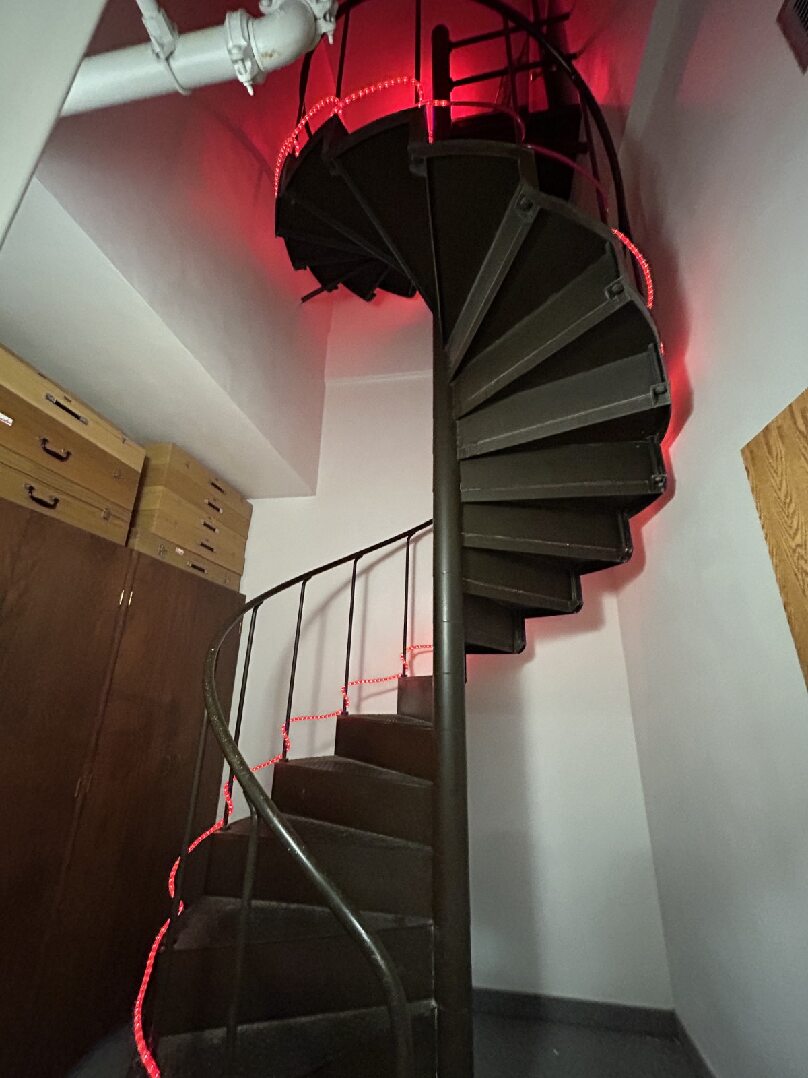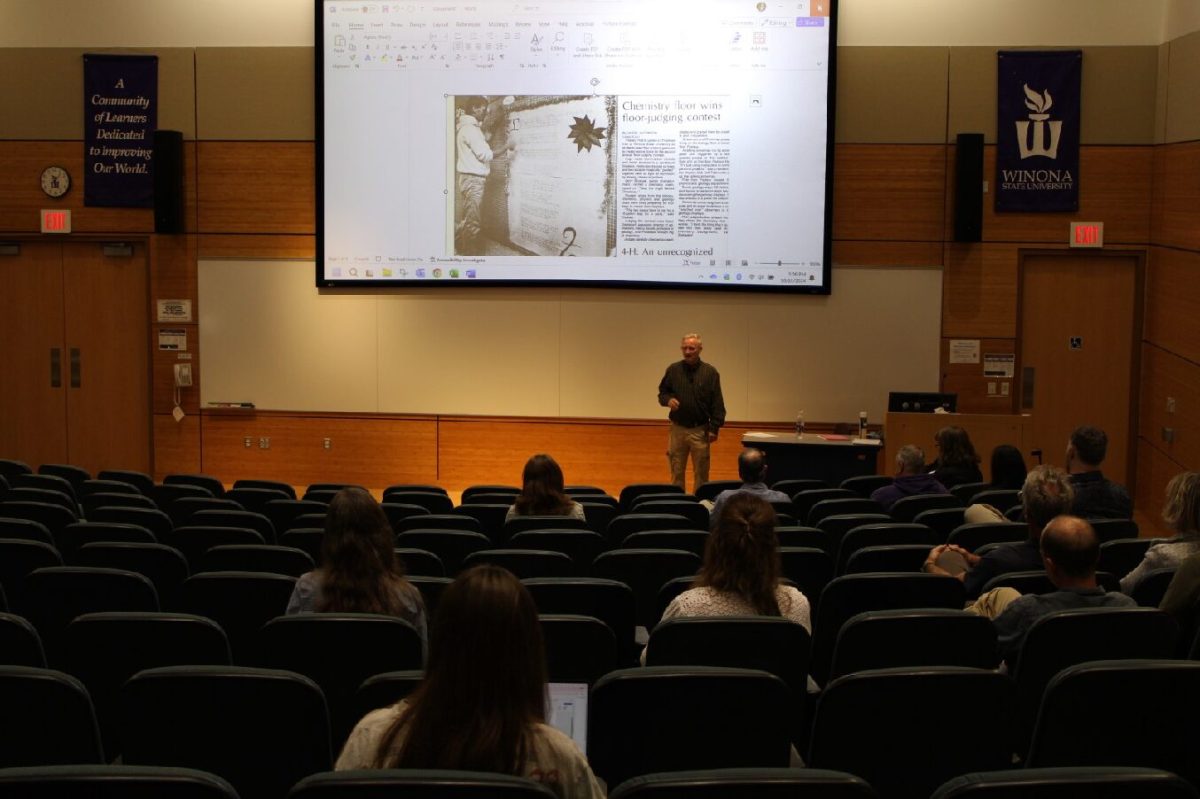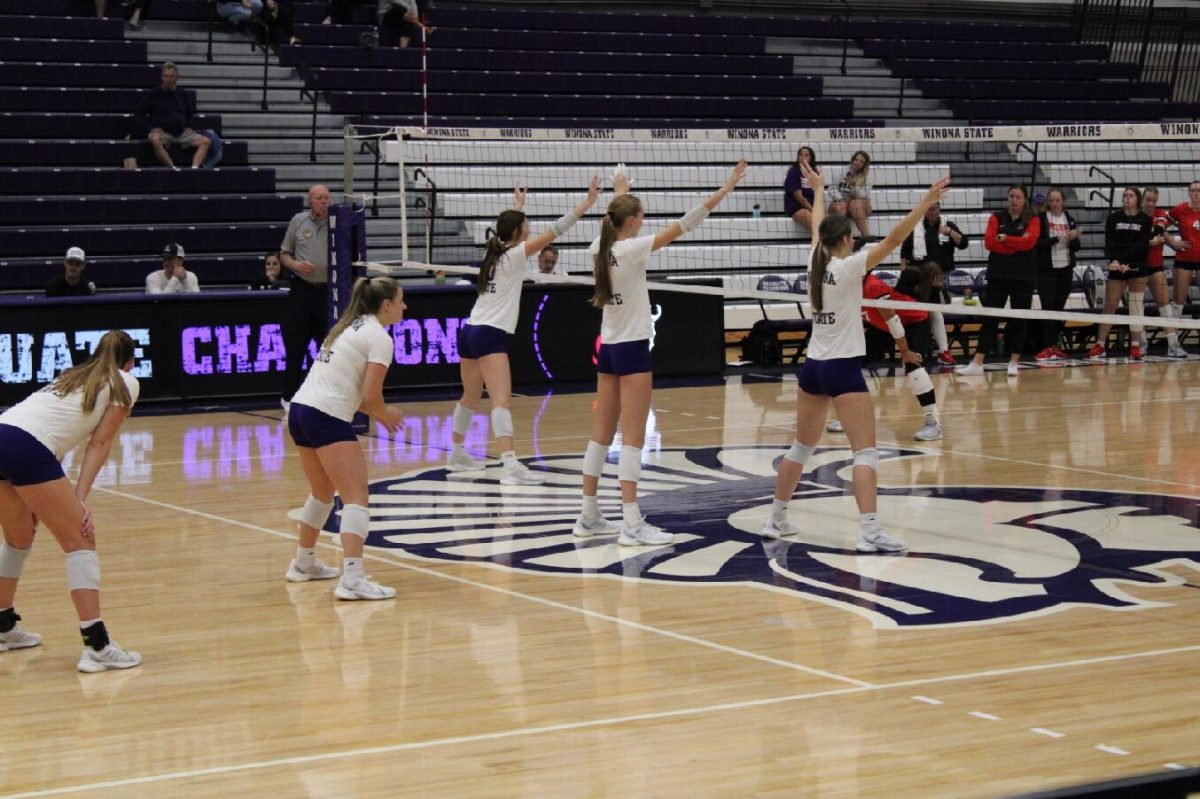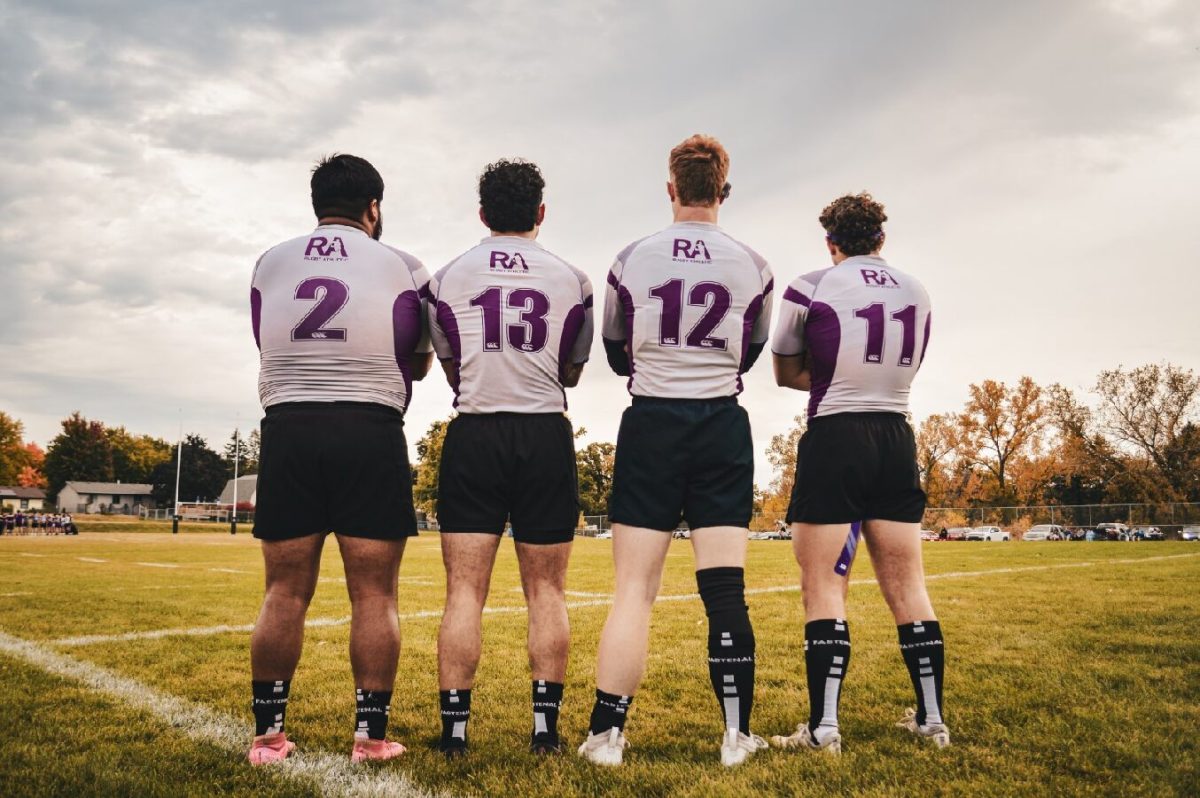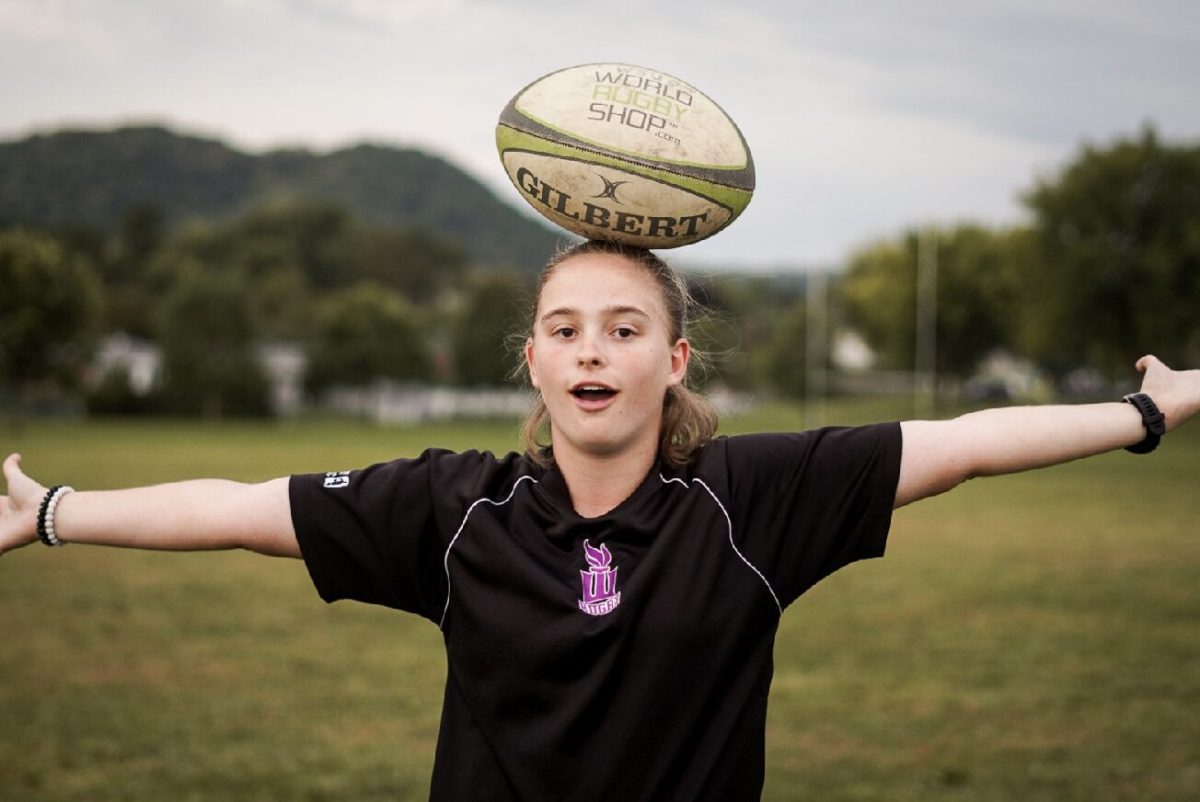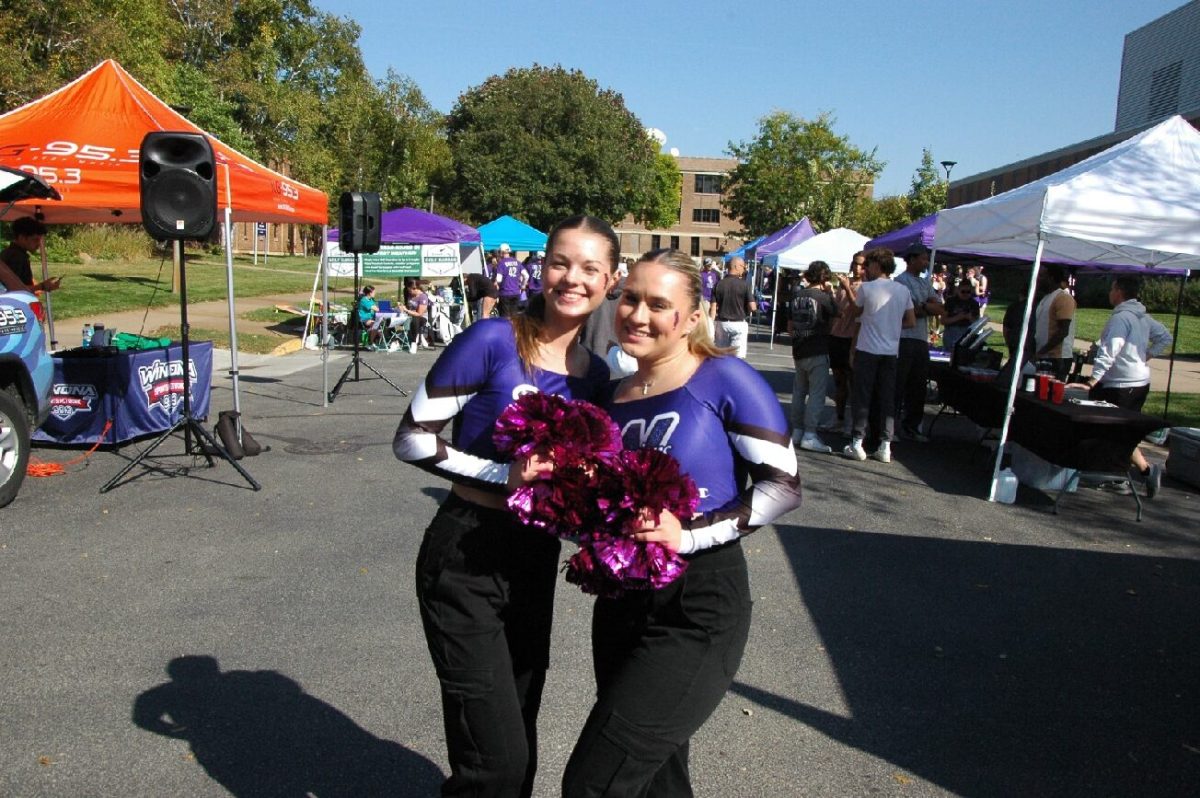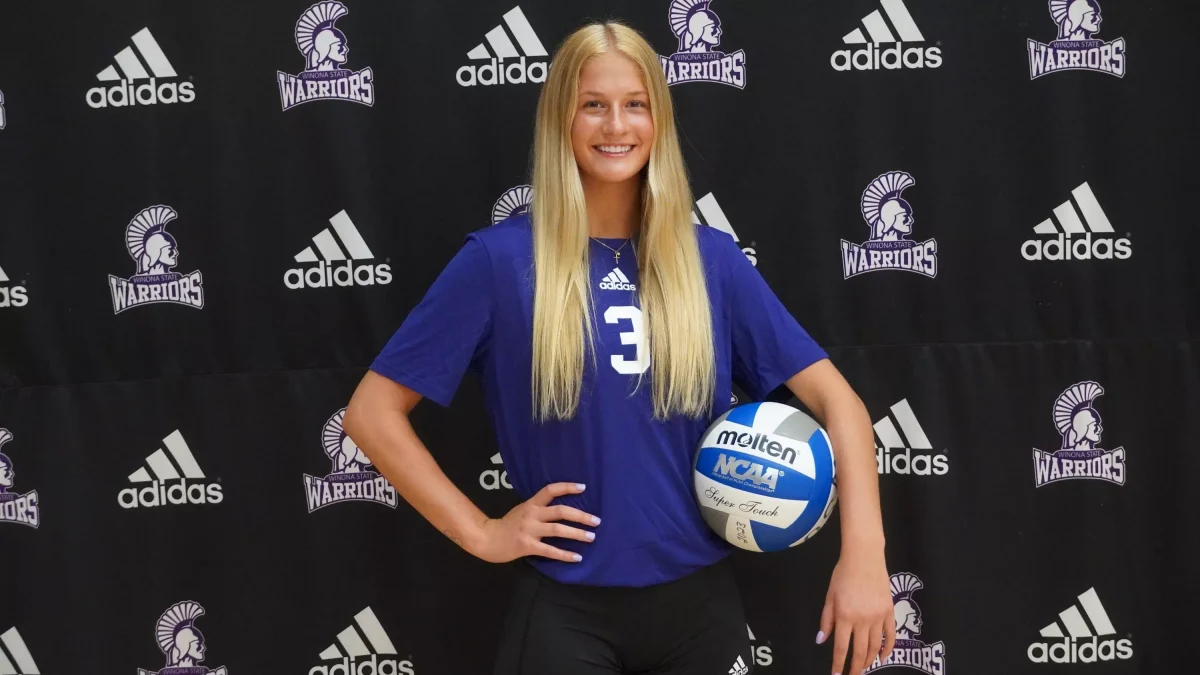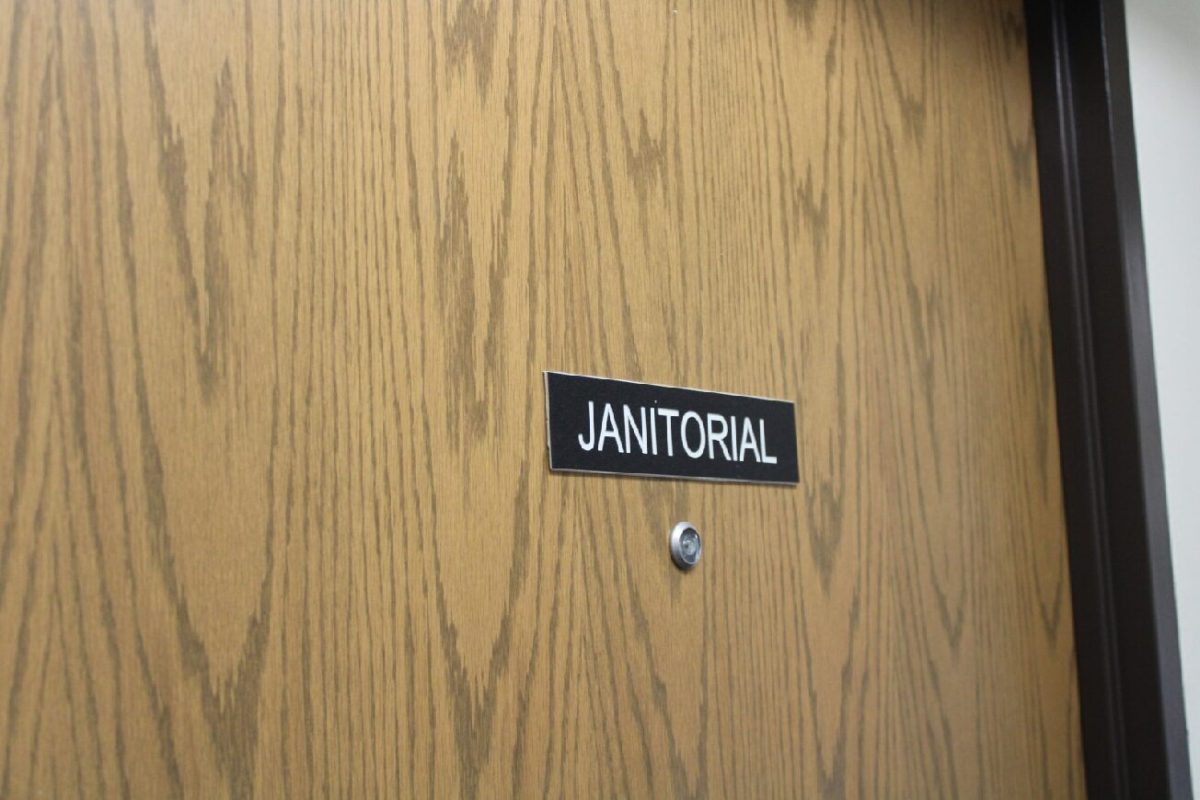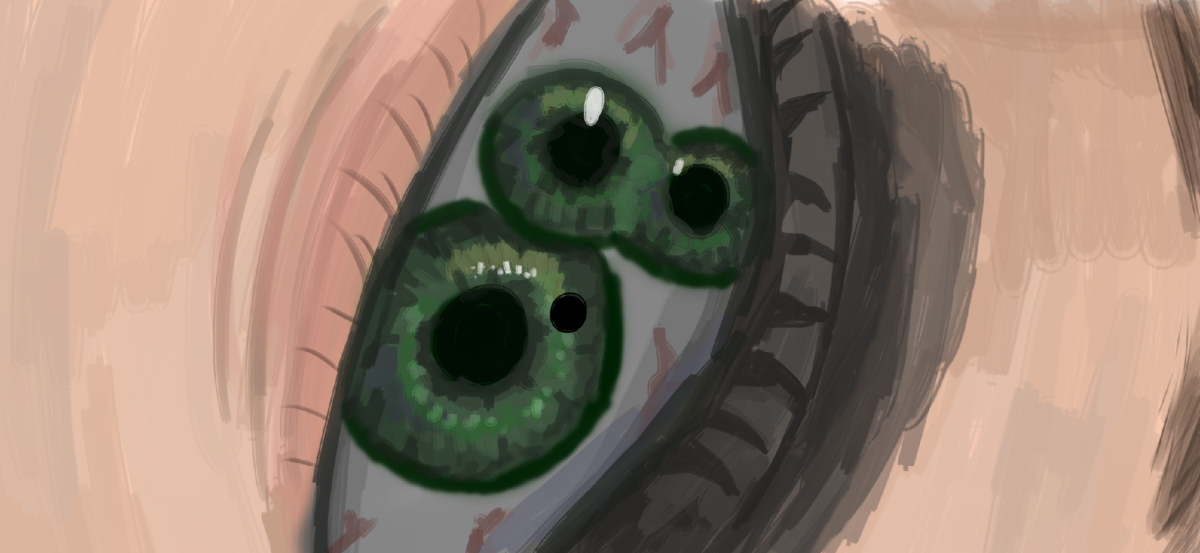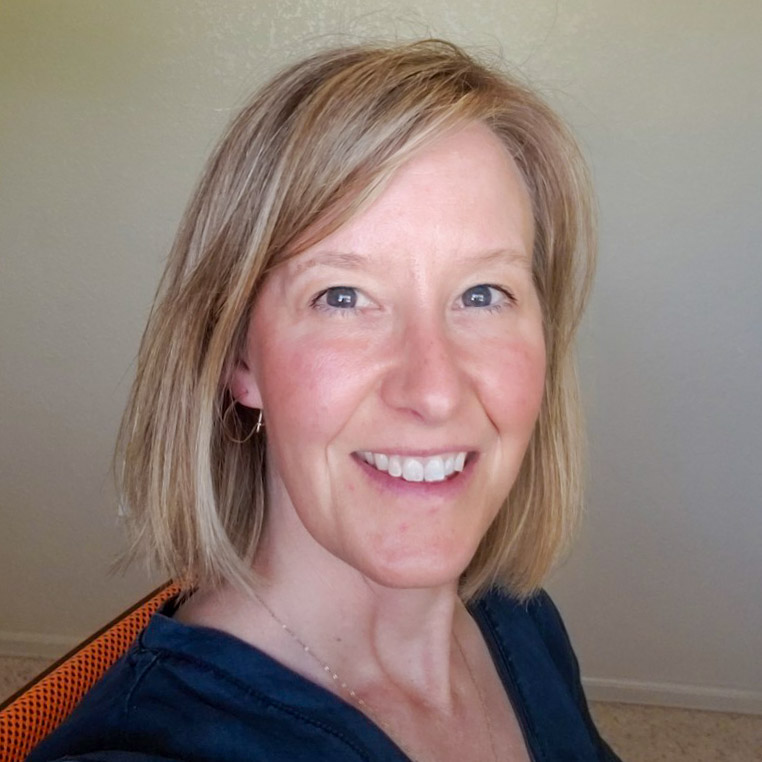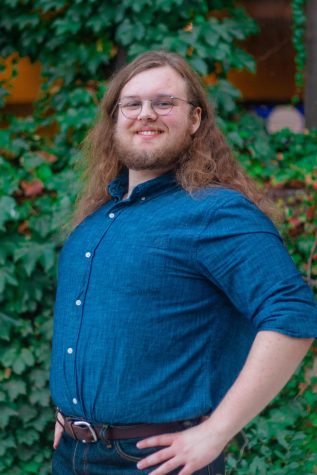Winona State Alumna shares her experience with ADHD for Equity in the Workplace Symposium.
Contributed by: Jennifer Price
“This is self-care, self-advocacy, and that’s okay,” Price said.
March 29, 2023
In an age where mental healthcare has become more prevalent in public interest, it is important for people to learn how to make learning spaces and workspaces more accessible and welcoming of neurodiversity.
This was the topic of Winona State University’s Equity in the Workplace Symposium on neurodiversity in the workplace. The event was held over zoom in two different sessions on Wednesday, March 22. It was organized by DeAnna Goddard, the Associate Director of Career Services at Winona State, and featured speaker Jennifer “JP” Price, Winona State Alumna and Assistant Director at EY (Ernst & Young LLP US), who was diagnosed with Attention-deficit/hyperactivity disorder (ADHD) in her 30s. The talks included best practices for creating a more equal workplace for those with neuro-distinctions and her own perspective of living with ADHD.
First, it is important to understand the difference between neurodiverse and neurodistinct. Neurodiverse refers to the whole scope of differences in human cognition. Those with neuro-distinctions have conditions that affect their cognitive behavior, such as ADHD, autism and many others.
Before being diagnosed with ADHD, Price’s life felt very confusing.
She described her mind as “having 4-7 channels and a song playing at all times.”
For people living with ADHD, it can often be hard for them to focus or to sit still for long periods of time. However, there is also the stigma that people with this disorder are always distracted and that they cannot grow or adapt. This kind of stigma can be harmful to those with ADHD and other neuro-distinctions.
After receiving her diagnosis, it helped Price realize that “nothing was ‘wrong’ with me, this is just how my brain works.”
Often people with neuro-distinctions are taught that they need to be “fixed” by forcing themselves to adapt to a neuro-typical lifestyle and that they are “less than” if they fail to do so, but according to Price, this is not the case.
For her, it was about “being okay in my own skin” and “establishing an environment that works for me.”
For example, Price mentioned changing the lightbulbs in her apartment to a soft white to better suit her sensory sensitivities.
Other steps for her included “learning what my preference in environment, in communication options and in learning styles were.”
The next step, Price stated, was articulating these boundaries as preferences in communication channels or learning style.
“This is self-care, self-advocacy, and that’s okay,” Price said.
One thing Price wanted the students who attended this symposium to walk away with was to “take time to reflect on your communication preferences, your environment preferences and learning styles.”
This included taking thirty minutes each month to reflect on what one has learned, as well as what one wants to accomplish and how they can do that.
Price now works in Chicago as the EY Neuro-Diversity Center of Excellence (NCoE) Location Lead where she acts as a career counselor for her team of developers, data analysts and testers.
EY was also recognized in 2023 by the World Economic Forum for its internal effort of neurodivergent inclusion.
DeAnna Goddard also gave comments on the event. Goddard is the one who reached out to Price to ask her to speak at the symposium.
“I always think it’s important to bring in guest speakers who can speak to lived experiences,” Goddard said.
Goddard wanted students coming out of this event to know “that there are people on this campus who very much care about their success and I want them to have resources available so they can find work environments that are a best fit for them.”
Goddard also stated that she hoped students with neuro-distinctions who attended this event would walk away with a sense of confidence, belonging and knowing they are valued.
For students without neuro-distinctions, Goddard expressed an invitation for them to think about how they can be an advocate for neurodiversity in their workplace.
Winona State’s Career Services does a great deal to help students with neuro-distinctions prepare for their careers. Access services also exist to provide accommodation for students who need it.
Career Services is also a safe space for students who choose to disclose their neuro-distinctions if they choose to.
“I want students to know that our office is a safe place to disclose…and that we are here to support them and help them if they choose to do that,” Goddard said.
Winona State University has been known for its devotion to diversity and inclusivity and it is making efforts to include neurodiversity in that as well.

